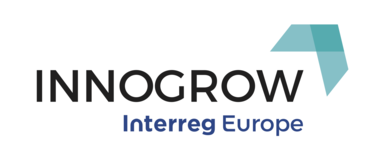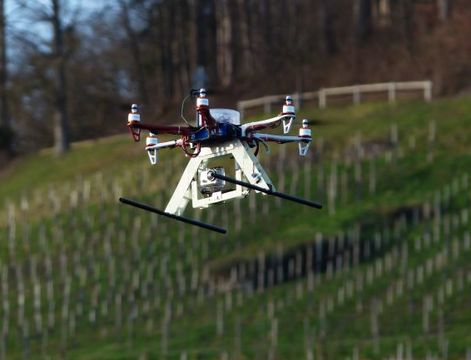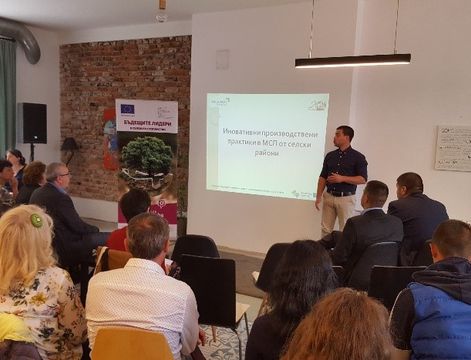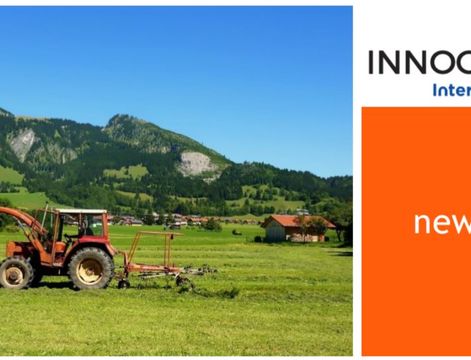
2nd INNOGROW project’s stakeholder meeting in Latvia
2nd INNOGROW project’s stakeholder meeting in Latvia was organized by Zemgale Planning Region’s (ZPR) project team on 9th of March, 2017 in ZPR administrative building in Jelgava. The meeting brought together all project’s stakeholders in Latvia: Ministry of Economics of the Republic of Latvia; Latvian Rural Support Service; Latvia Rural Advisory and Education Centre; Latvia University of Agriculture; Association “Farmers Parliament”. The participation of 3rd party organisations was ensured by the representatives from: Latvian Central Finance and Contract Agency; Latvian Green And Smart Technology Cluster; rural MVU “Mūsmāju dārzeņi”.
The general goals of the organised 2nd project stakeholder meeting were:
• Consult stakeholder groups on the measures and incentives to support the adoption of innovation by rural SMEs in Zemgale region;
• Secure the involvement of stakeholder groups in the regional action plans in terms of collecting the input of stakeholder groups;
• Secure the engagement/involvement in the implementation phases of regional action plans and in the monitoring of the implementation of regional action plans.
During the meeting participants were discussing current trends in Latvian clusters its barriers for successful development of business clusters.
The stakeholder meeting started with the open speech of the INNOGROW project manager in Latvia – Artūrs Penčura, which has refreshed participants’ knowledge about the INNOGROW project and have informed on the current and planned project’s activities and progress.
Representative of Latvia Rural Advisory and Education Centre Anna Liscova informed about the theory of clusters, purpose of their establishing and main characteristics of clusters.
Representative of Central Finance and Contracting Agency Liene Rulle informed the audience about the government support programme for development of clusters. There was given information about the measure Nr.3.2.1.1. "Cluster programme” of action programme “Growth and Employment”, specific aim Nr.3.2.1."Increase high-value-added products and services export ratio”.
As far as the main topic of this meeting was clusters, the representative of Green and Smart Technologies Cluster Salvis Roga shared his experience about the management of business cluster.
Guest expert Neils Kalniņš discussed with participants how clusters could be developed in Zemgale region and how could SMEs get economic benefit. He underlined that all represented institutions are channels which are contacting with entrepreneurs and could bring information about clusters. The two main conditions for cluster development are the business and motivated, passionate people.
After the informational part of the meeting the 2 hour discussion took place. Participants have been discussing issues, possibilities and barriers related to the cluster incentives in Latvia, shared their opinions, findings and ideas. The main conclusions of the 2nd INNOGROW stakeholder meeting might be defined in the following statements below:
1. Key factors for successful development of clusters are: clear, comprehensive understanding of the topic, interested and motivated entrepreneurs, rational state support program and appropriate cluster management;
2. Priority fields in Zemgale region (according to economic profile): agriculture manufacturing, metalworking, forestry. These fields should be revised in relation to future market opportunities;
3. There needs to be defined the future vision of Zemgale region: what will be the main industries. There is a need to bring together people from different fields who are interested in the development of region: this will provide the basis for rational cluster development;
4. There needs to be gathered the information from all 22 municipalities of Zemgale region about their future visions. This needs to be analysed to develop common view on the potential of region;
5. There needs to be developed collaboration of entrepreneurs with the University of Agriculture (Technology and Knowledge Transfer Centre). University should define and communicate its services for business;
6. Each party should perform its tasks responsibly, with initiative and in cooperation with other development (future-oriented) institutions in the region.













